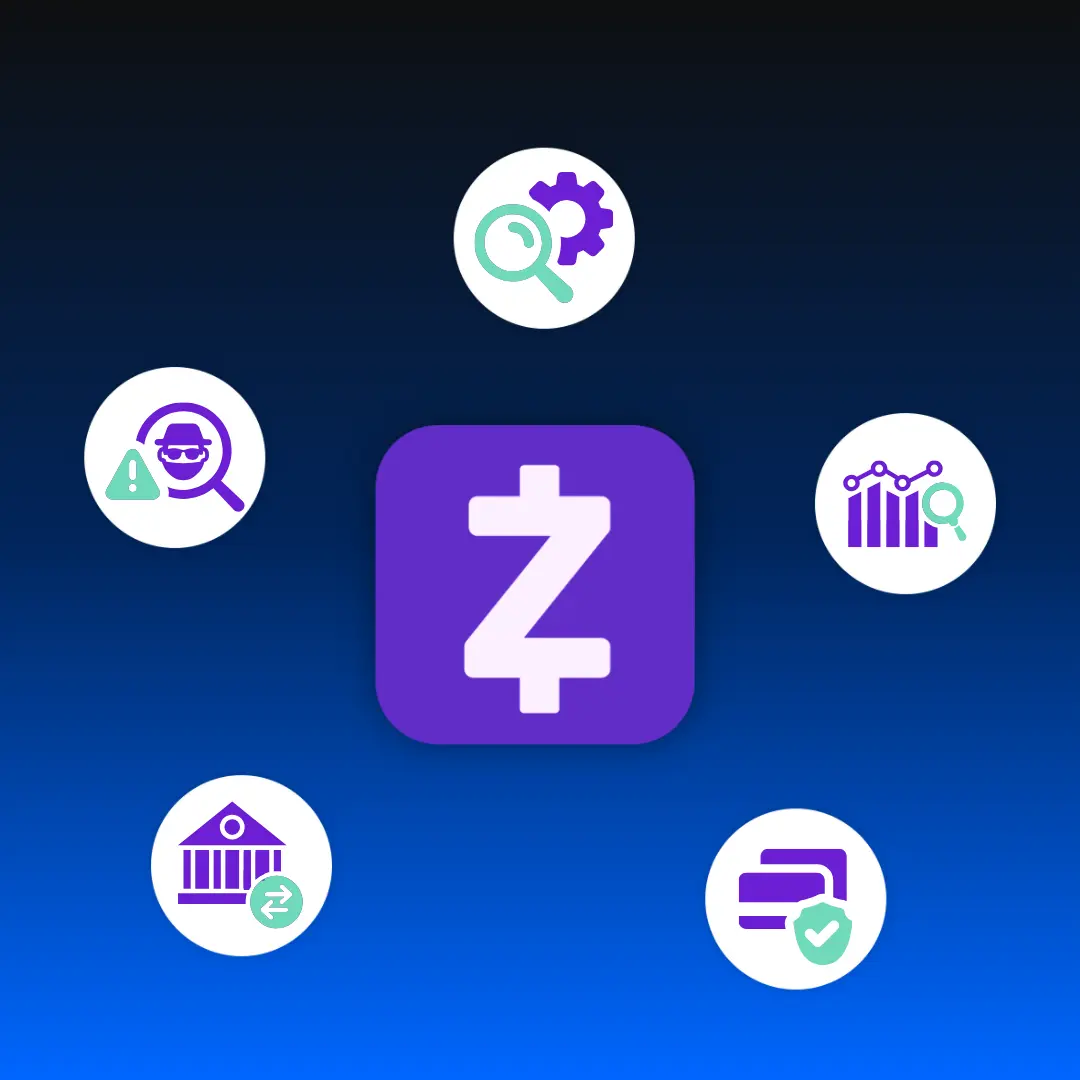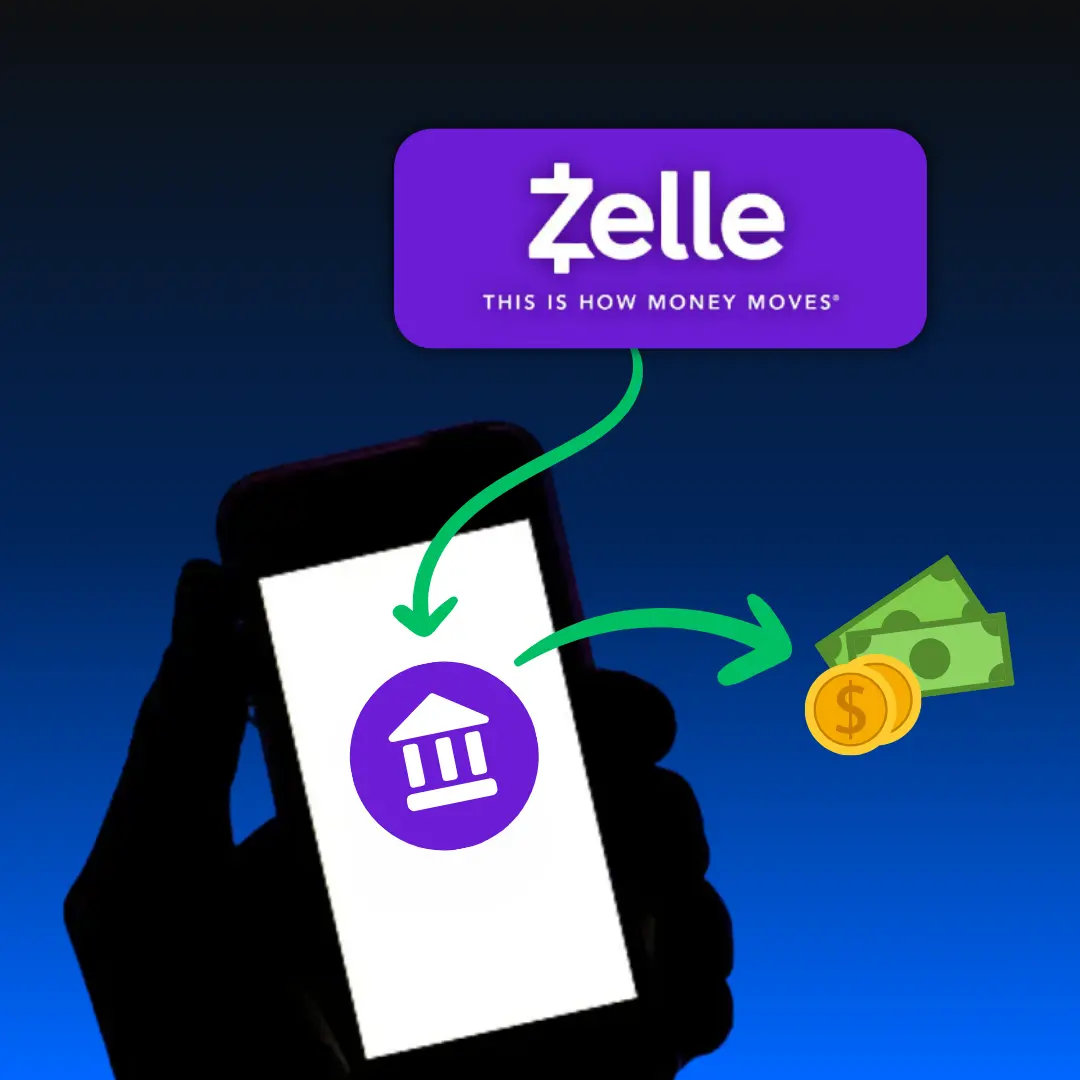Zelle is one of the most popular money transfer apps in the US. It allows users to transfer and receive money from their bank accounts in minutes. It’s convenient, free, and fast. But if it’s free for customers, you might wonder: how does Zelle make money?
In this blog, we’ll explain how Zelle works, why it’s free to use, and how it earns revenue without charging people for transactions. We’ll also explore how Zelle compares with other payment apps and why banks support it so strongly.
What Is Zelle?
Zelle is an electronic payment network. Zelle lets you send and receive money directly from your bank app or the Zelle app. All you need is the recipient’s phone number or email address to send money. No checks, cash, or bank lines are needed.
Zelle is backed by a group of large U.S. banks. They include Wells Fargo, Bank of America, JPMorgan Chase, Capital One, and many others. They established a company called Early Warning Services to operate Zelle.
Why Zelle Is Free for Users
One of the biggest reasons people use Zelle is that it is free. There are no fees to send or receive. This stands in contrast to some other payment apps like PayPal or Venmo, where you pay fees for business payments or immediate transfers.
If Zelle does not charge customers, then how does it generate revenue? That is where it gets interesting.
How Zelle Makes Money: Zelle Business Model Explained
Zelle does not benefit in the same manner as typical companies. Instead, Zelle’s business model occurs in the background through its association with banks. Below is how Zelle benefits financially:
1. Bank Services and Partnerships
Zelle was built by banks, for banks. The large banks that own Zelle pay to use and support the Zelle service in their apps. These payments cover things such as infrastructure, fraud protection, and customer support.
Banks use Zelle as a way of keeping their customers from using competing platforms like PayPal or Cash App. The banks then stand a greater chance of keeping their customers, allowing them to make money through traditional banking products like loans, credit cards, and investments.
Zelle therefore indirectly makes money from its banking relationships. It provides the technology and network, and the banks pay to use it.
2. Reducing Payment Processing Costs
Before Zelle, people typically used the services of checks or cash or third-party services when paying money. These took more time and charged a higher fee for processing.
Zelle eliminates such costs for banks. Since Zelle sends money directly to bank accounts, there are no intermediaries like card networks (Visa, Mastercard) involved. That means lower transaction fees for the banks.
Zelle does not profit on every transaction but costs banks money. Therefore, Zelle is a wonderful utility the banks are delighted to subsidize.
3. Banks’ Customer Retention
When you pay using Zelle from your bank’s app, you will be likely to keep banking with that bank. That is great for the banks, and in return, they are more than happy to subsidize the operation of Zelle.
This loyalty means customers are more apt to utilize other bank offerings like credit cards, mortgages, or savings accounts—all of which make money for the bank. Thus, while Zelle doesn’t cost users anything, it helps banks make money elsewhere.
Zelle Doesn’t Depend on Ads or Data Sales
As opposed to the majority of free applications, Zelle does not benefit from serving advertisements or selling user data. That is because Zelle is controlled by established financial institutions, and it complies with strict privacy policies. Your own personal information and payment details are secure and confidential.
That speaks to people who care about their privacy and prefer a more secure way to send money.
Zelle for Businesses: Can it be a Source of Income?
Zelle has started taking its services from small companies. Payments can now be accepted via Zelle by some companies from their banks. This is a new market so far, but it might help pave the way for Zelle to earn more in the future.
Here’s how it might happen:
- Some banks might take a small fee from business owners in return for accepting Zelle payments.
- Zelle could also offer premium features for businesses at an additional cost, such as increased transaction speed, report functionality, or protection against fraud.
Most of Zelle’s existing functionality is peer-to-peer (P2P) now, and offering business services could be part of its future proposals to make money.
Why Banks Prefer Zelle Over Other Apps
Zelle provides banks with greater control over money transfers. With such apps as PayPal or Cash App, money tends to lie in a digital wallet until customers transfer it to their bank account. That brings more power and income from interest or fees for those companies.
Zelle, on the other hand, leaves the funds shifting directly between banks. That keeps banks involved in every transaction. It also enables banks to offer fast transfers without robbing customers away from third-party apps.
What Makes Zelle Unique?
Zelle’s core goal isn’t to earn money directly—it’s to empower the banks and give customers a better way of transferring funds. It does it by:
- Offering fast, free, and simple transfers
- Assisting banks in saving money and remaining competitive
- Forcing users to remain loyal to their bank’s app
Zelle is a part of a larger plan by banks to provide next-generation digital tools without losing customers to technology companies.

Risks and Challenges for Zelle
Although Zelle is well-liked, it has a couple of challenges:
1. Fraud and Scams
Since money is sent instantly and can’t be reversed, scammers sometimes use Zelle to trick people. Unlike credit cards, Zelle does not offer buyer protection from unauthorized purchases.
Zelle is working to reduce fraud, but it still has some distance to travel in gaining trust in some areas.
2. Limited to U.S. Banks
Zelle is only supported by U.S. bank accounts. That leaves those who have to send abroad depending on other companies like PayPal, Wise, or Western Union.
Expanding beyond the United States could cause Zelle to grow, but it would bring new technical and legal complications.
Will Zelle Ever Start Charging Users
Zelle currently doesn’t have fees, and there are no indications that is going to change anytime soon. Because it is owned by major banks, the idea is to maintain Zelle as a free, valuable asset to customers.
That said, if Zelle moves into business payments or paid features, there could be optional fees on the horizon—but regular users can probably continue to use it for free.
Final Thoughts
Zelle doesn’t make money in the traditional sense. Instead of taking funds out of users, it makes money by helping banks:
- Save on processing costs
- Keep customers
- Offer faster, more innovative products
Banks compensate to enable Zelle because it benefits them in a variety of ways. It enables them to delay older fintech apps and continue to receive money flowing through their channels.
So, as technically “free” as Zelle is, it holds an amazingly dominant position in the digital banking sector—and that’s where its real worth shines through.



